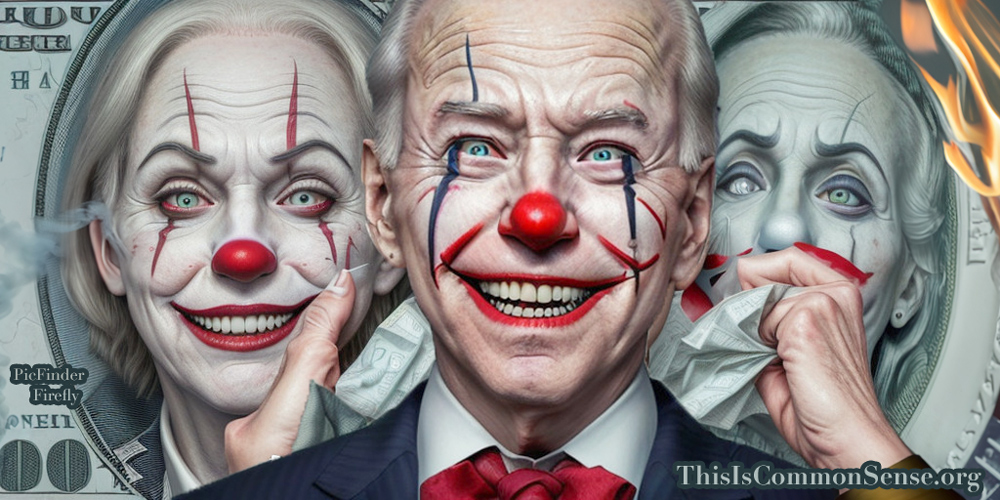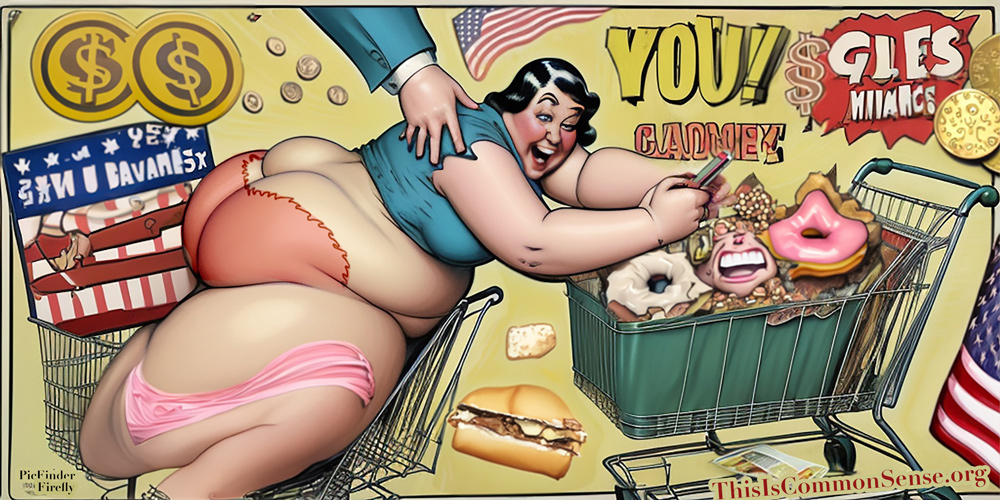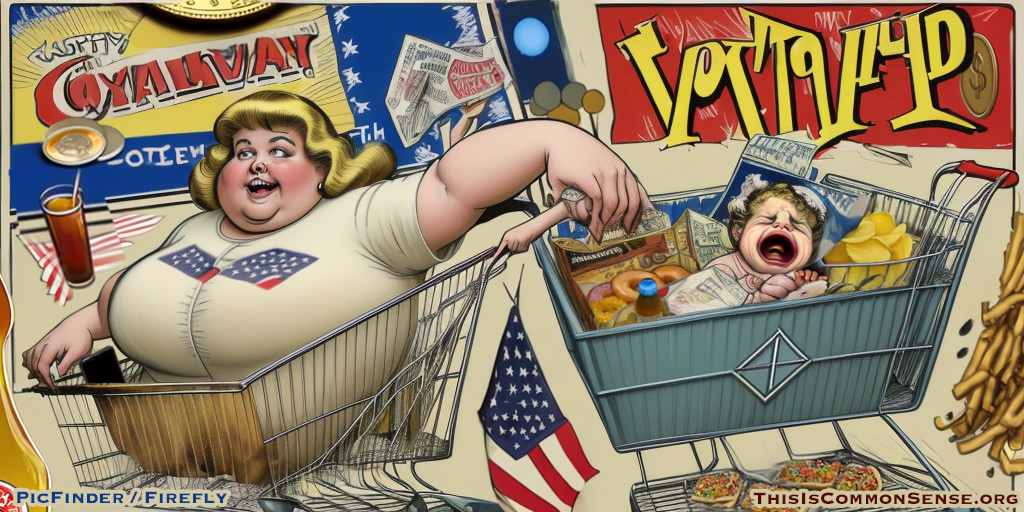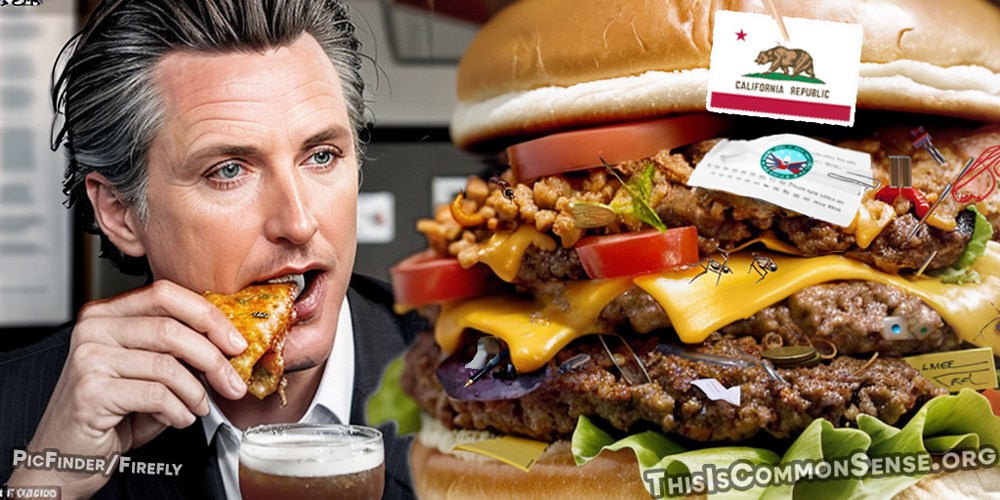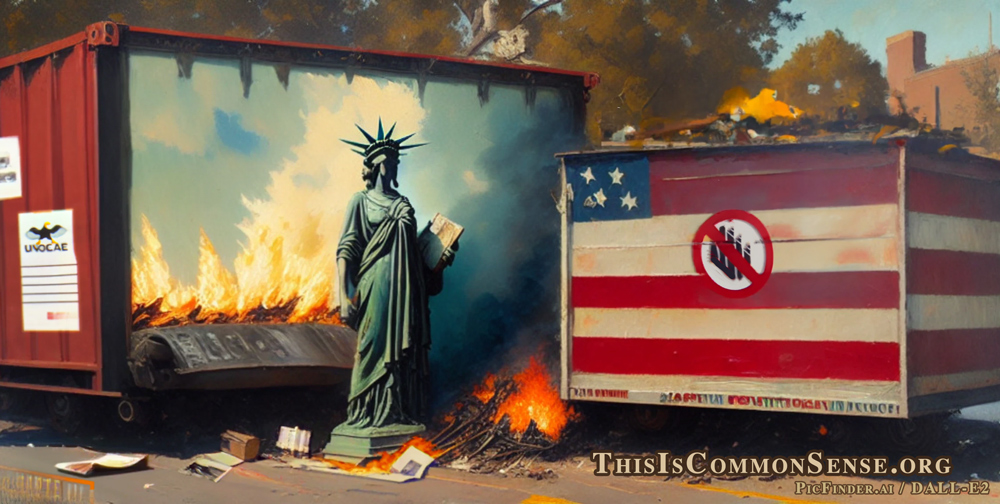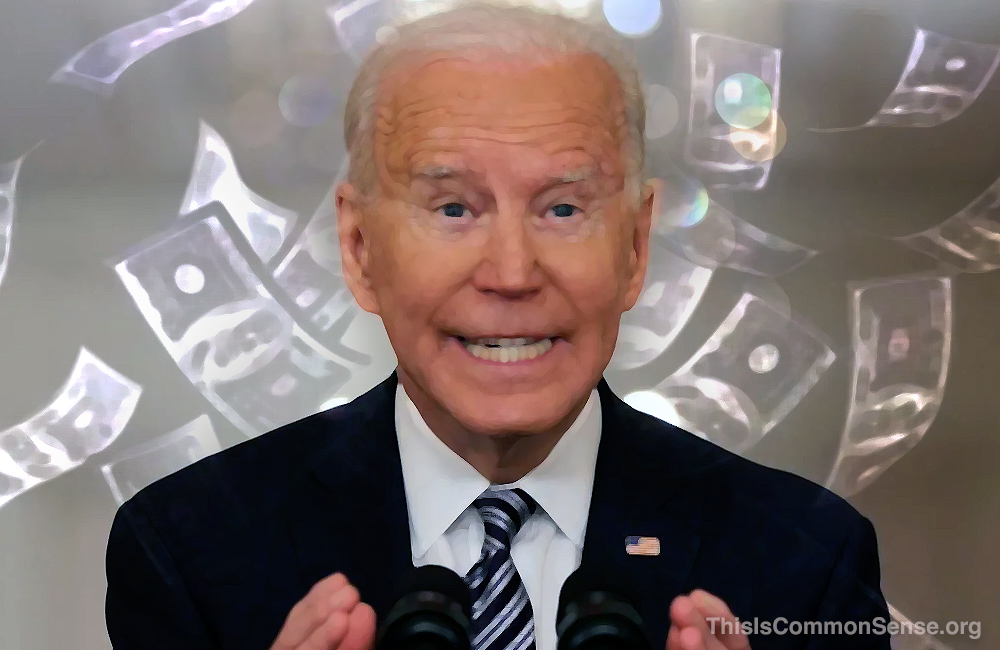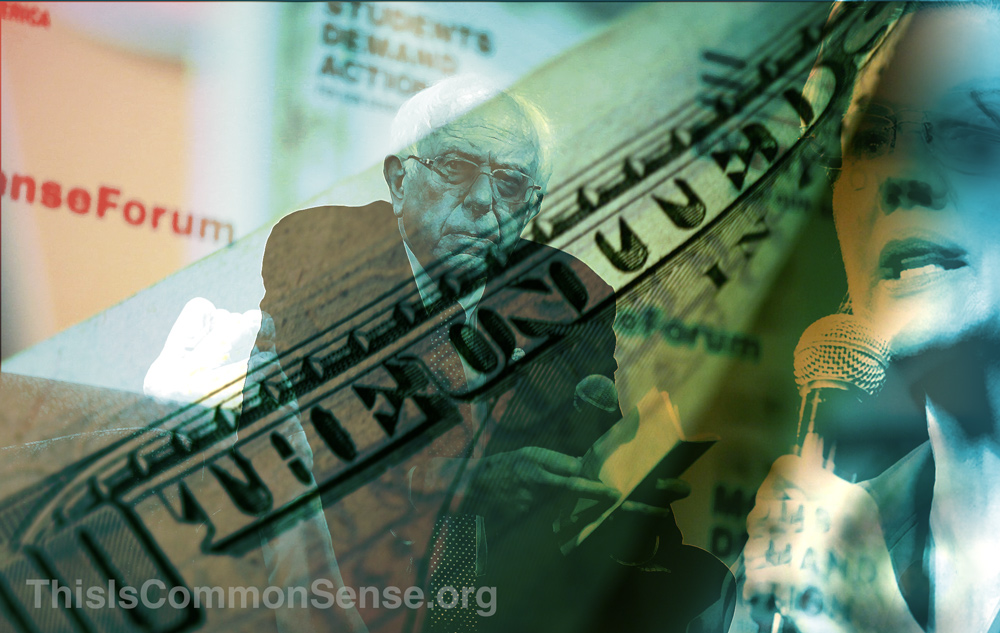“We have the highest share of working-age Americans in the workforce in 20 years,” Biden recently told reporters. “It’s no accident. It’s Bidenomics.”
Bidenomics being that old standby, tax-and-spend-omics.
So why do so many Americans think the economy is getting worse? Why do 84 percent say that their costs have gone up?
Well, says President Biden, the media mislead them. “You all are not the happiest people in the world [in] what you report,” is his view. “You get more legs when you’re reporting something that’s negative.”
The media do often mislead us; the negative news bias is real.
But I don’t think that our left-leaning, in-the-tank-for-Biden media can be blamed for the impression so many of us have that it’s harder to make ends meet.
Biden isn’t the only one professing puzzlement. Breitbart Business Digest observes that a “small army of establishment media types and economists” are intent on “unraveling what they take to be the great mysteries of our time.” As described by a recent Brookings Institution paper, this mystery is the “disconnect between consumer sentiment and the state of the macroeconomy.”
As BBD points out, the Brookings researchers simply start by assuming that everybody is wrong, then try to figure out why.
“A simpler explanation would be that the economy is falling short of the public’s expectations” because of things like high inflation, higher interest rates, and greater difficulty paying for groceries, Christmas presents, vacations. And rent, and medical bills, and tuition.
Saying it’s all in our heads won’t make tough times go away.
This is Common Sense. I’m Paul Jacob.
Illustration created with PicFinder and Firefly
—
See all recent commentary
(simplified and organized)
